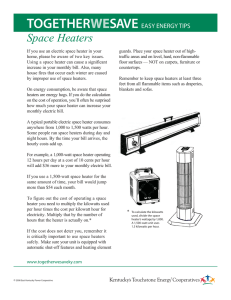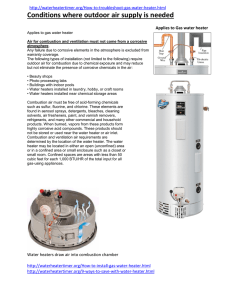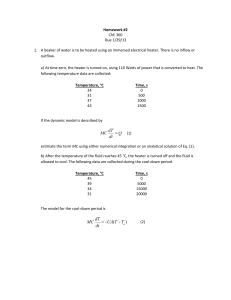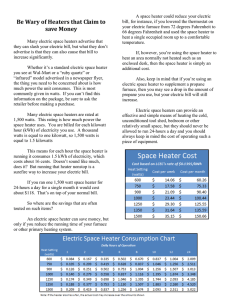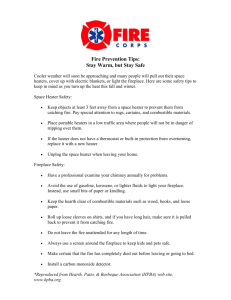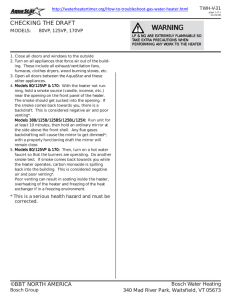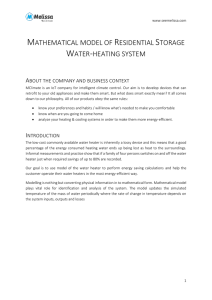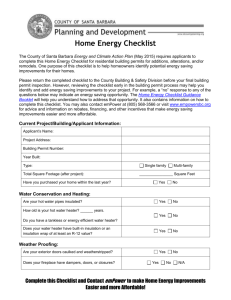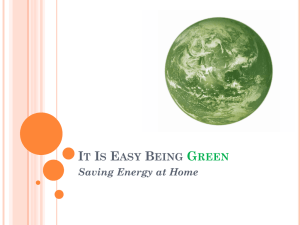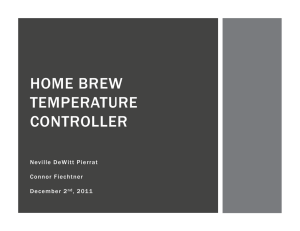Energy Saving Tips
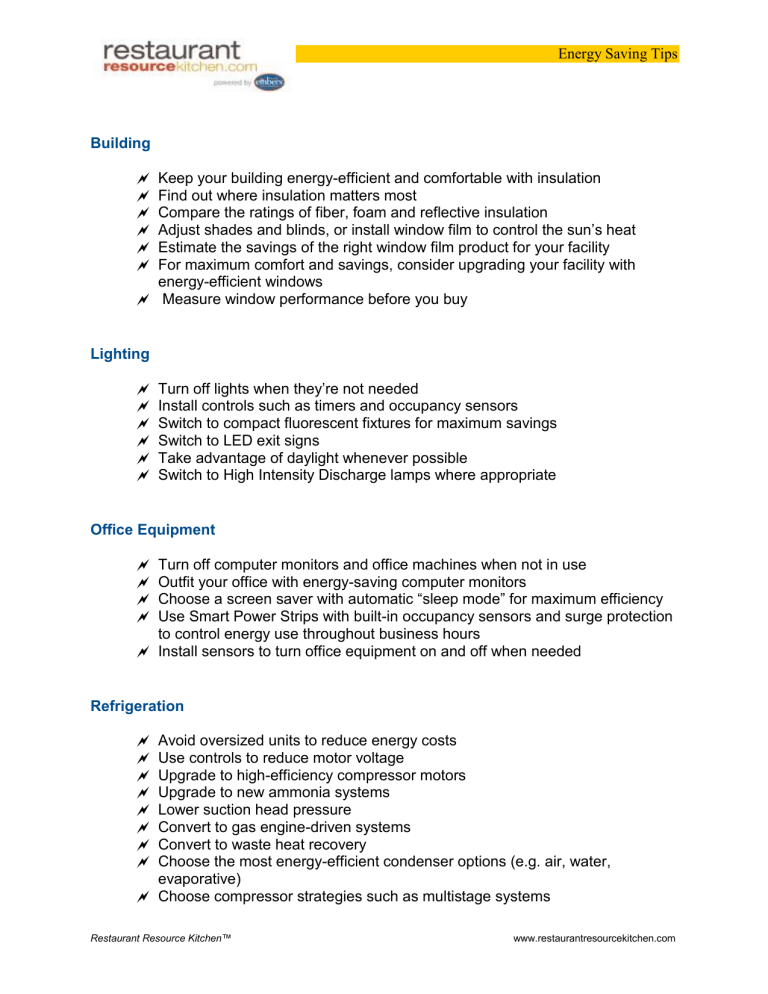
Energy Saving Tips
Building
Keep your building energy-efficient and comfortable with insulation
Find out where insulation matters most
Compare the ratings of fiber, foam and reflective insulation
Adjust shades and blinds, or install window film to control the sun’s heat
Estimate the savings of the right window film product for your facility
For maximum comfort and savings, consider upgrading your facility with energy-efficient windows
Measure window performance before you buy
Lighting
Turn off lights when they’re not needed
Install controls such as timers and occupancy sensors
Switch to compact fluorescent fixtures for maximum savings
Switch to LED exit signs
Take advantage of daylight whenever possible
Switch to High Intensity Discharge lamps where appropriate
Office Equipment
Turn off computer monitors and office machines when not in use
Outfit your office with energy-saving computer monitors
Choose a screen saver with automatic “sleep mode” for maximum efficiency
Use Smart Power Strips with built-in occupancy sensors and surge protection to control energy use throughout business hours
Install sensors to turn office equipment on and off when needed
Refrigeration
Avoid oversized units to reduce energy costs
Use controls to reduce motor voltage
Upgrade to high-efficiency compressor motors
Upgrade to new ammonia systems
Lower suction head pressure
Convert to gas engine-driven systems
Convert to waste heat recovery
Choose the most energy-efficient condenser options (e.g. air, water, evaporative)
Choose compressor strategies such as multistage systems
Restaurant Resource Kitchen ™ www.restaurantresourcekitchen.com
Energy Saving Tips
HVAC
Lower cooling load by reducing solar heat gain and lighting heat gain
Upgrade chiller efficiency by installing a centrifugal chiller
Upgrade to smaller chillers and rooftop units that are higher EER
Use properly sized packaged A/C units (PTAC) for the building space you are cooling
Use off-peak electricity to operate thermal storage systems to produce chilled water or ice for cooling
Optimize HVAC auxiliary systems by upgrading to more energy efficient cooling tower fans, condenser units, chilled water pumps, and air and water distribution systems
Convert to variable air volume (VAV) air-handling equipment
Water Heating
Natural gas water heating is the most cost-effective option available
Choose the right size water heater for your needs
The higher the energy factor, the more efficient the heater
Calculate the cost-effectiveness of natural gas water heaters
Save money by lowering the thermostat on your water heater
Repair leaky faucets
Insulate the hot water storage tank on your water heater
Run full rather than partial loads in automatic dishwashers
Choose the water heater to meet your needs:
Consider a tank less water heater when space is an issue
Small gas boilers may be right for your business
Electric water heaters provide you with many options including off-peak water heating
Heat pump water heaters (HPWH) produce more than 350 gallons per hour of hot water and six tons of air conditioning
Look for the ENERGY STAR® label when you purchase a new water heater
Restaurant Resource Kitchen ™ www.restaurantresourcekitchen.com
